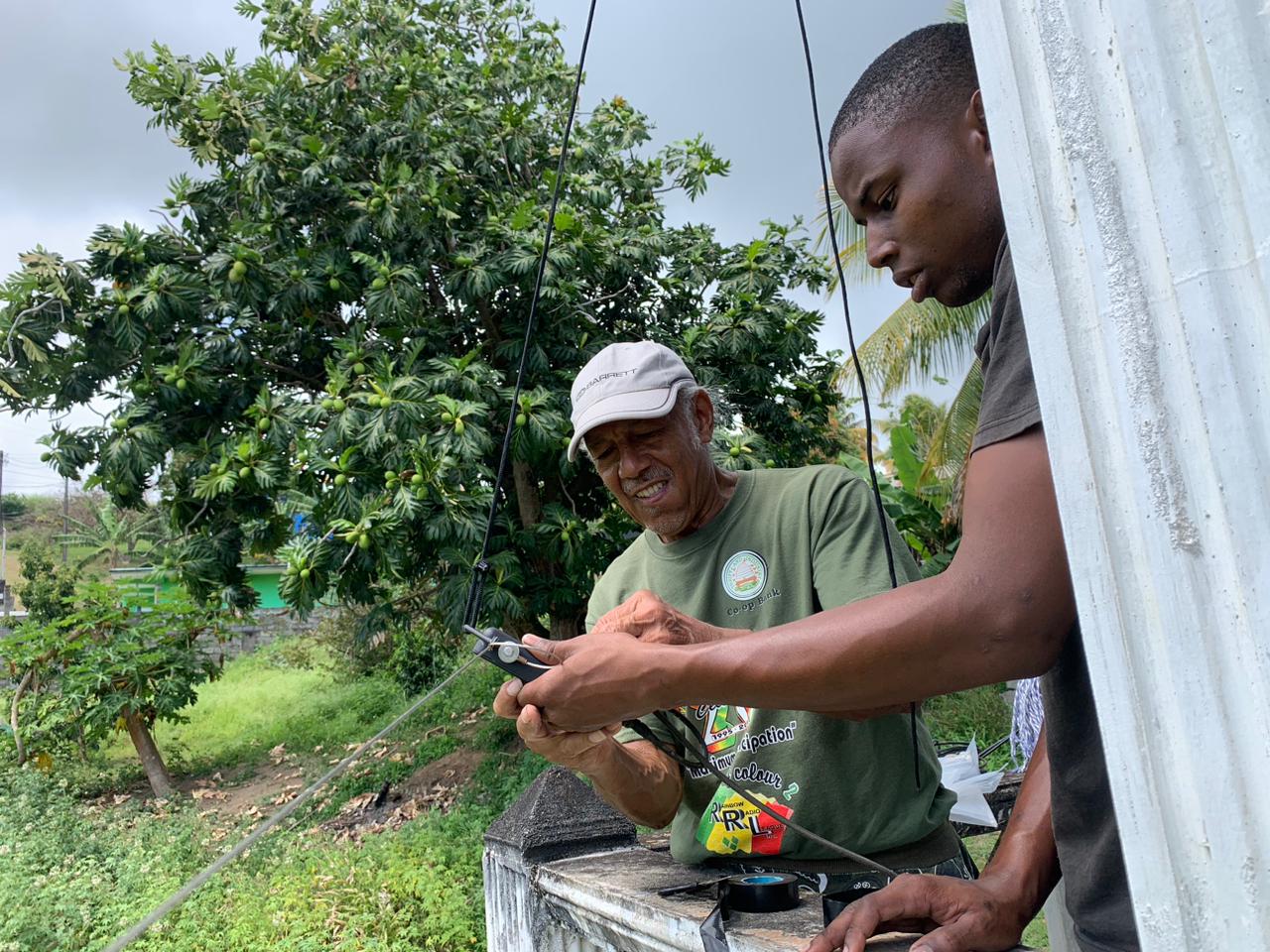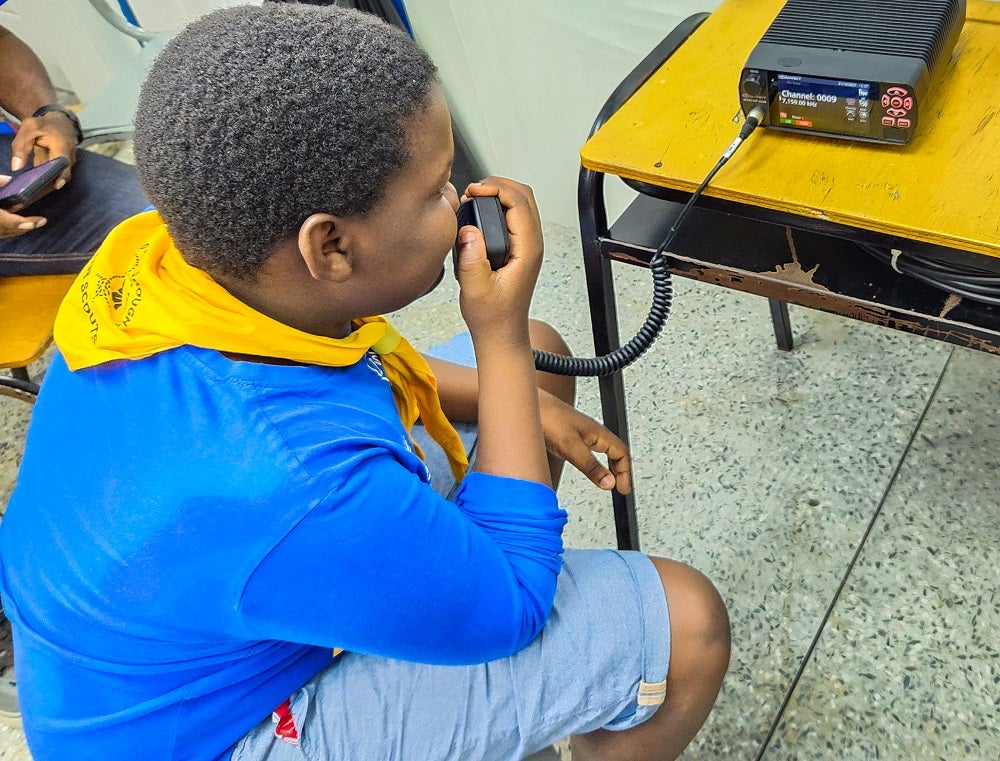
Across the Caribbean – much of which lies in the heart of the hurricane belt – one Australian firm is behind much of the region’s disaster response and emergency communications infrastructure.
The island nations of St Vincent and the Grenadines, and Tobago, as well as the regionwide Caribbean Disaster Emergency Management Agency (CDEMA), have all turned to Barrett Communications HF radios and equipment.
“The disaster management structure in the region is powered by Barrett,” says Curtis Roberts, a telecommunications officer at the Tobago Emergency Management Agency (TEMA) who is also an experienced radio operator.
CDEMA, based in Barbados is made up of 19 participating states. In 2021, CDEMA purchased HF radio equipment and accessories, as well as the supply of an HF base station transceiver and supporting accessories from Barrett Communications, publicly available purchase records show.
Beyond radios, the Caribbean has turned to Australian-made goods for other emergency response systems. Australian shipbuilder Austal has for more than a decade delivered a total of 13 ferries and coast guard patrol vessels to Trinidad and Tobago.
The Trinidad and Tobago Government in 2021 purchased two fast ferries from Australian companies Austal and Incat to service the route between Trinidad and Tobago, and two Cape Class Patrol Boats from Austal for use by the Coast Guard. Most recently in 2022, Austal built a maintenance facility for the patrol boats and ferries.
In Tobago, the delivery of the Australian patrol vessels gave the TEMA team an idea.
“Australia has helped provide quality services in the region, and they also have high-quality HF radios,” Roberts said.
In the Caribbean, Australian-made goods are often synonymous with quality. For emergency management teams tasked with saving lives and property, that quality is key.
Why the Caribbean turns to Barrett
At least three different disaster response teams across the Caribbean are using Barrett Communications HF radios, transceivers and other equipment that have been donated or purchased. That includes TEMA, CDEMA and the Youlou Radio Movement (YRM) in St Vincent and the Grenadines.
The YRM is a non-profit, community service organisation comprised of volunteer radio amateurs, and its training programmes are designed to lead up to an amateur radio licence.
Across the region, these emergency teams are working to modernise their disaster response capabilities and create an integrated regionwide network. As climate change increases the likelihood of hurricanes or other extreme weather events, there is an accelerated push to modernise disaster response systems.
“We knew it was important to create an HF radio network,” says Roberts.

For TEMA, Barrett’s HF radios with automatic link establishment are helping create a high-tech network.
“With the automatic link establishment, it allows us to program about 15 HF frequencies in the Barrett ALE radios, and the radio automatically chooses the right frequency. It takes out the inefficiency and it speeds up the process,” says Roberts.
TEMA is using Barrett radios that are equipped with this automatic link establishment, which Roberts says ultimately makes his team more effective responders.
Barrett donated 12 HF radios, including two 4050 touchscreen radios, one of which is mounted in a pelican case and equipped for rapid deployment.
TEMA also received six PRC-2090 radios, two of which can be deployed as manpacks allowing emergency response teams to easily navigate tropical jungles and rugged terrain to reach people in need.
In St Vincent and the Grenadines, the YRM has received the latest software-defined radio (SDR) equipment from Barrett and is providing much appreciated feedback. It is also leading the charge in creating a fully connected emcom system across the Caribbean, with backing from Barrett a crucial part of the expansion plan.
Donald De Riggs, head of the YRM, previously told Army Technology: “Under humid, tropical conditions, along with a high-saline environment, certain equipment parts can perish. These issues are reported to Barrett and, in every instance, replacement parts were received, so even though the equipment was a gift, the after-sales service is excellent, to say the least.”

